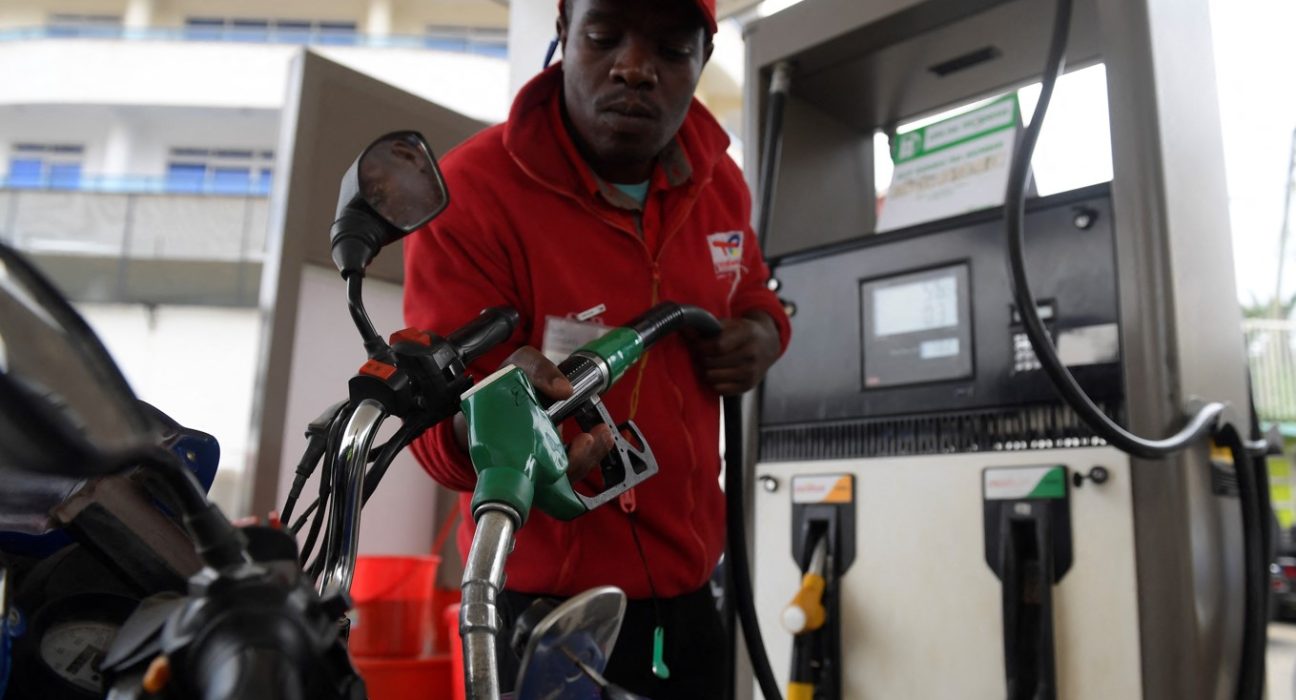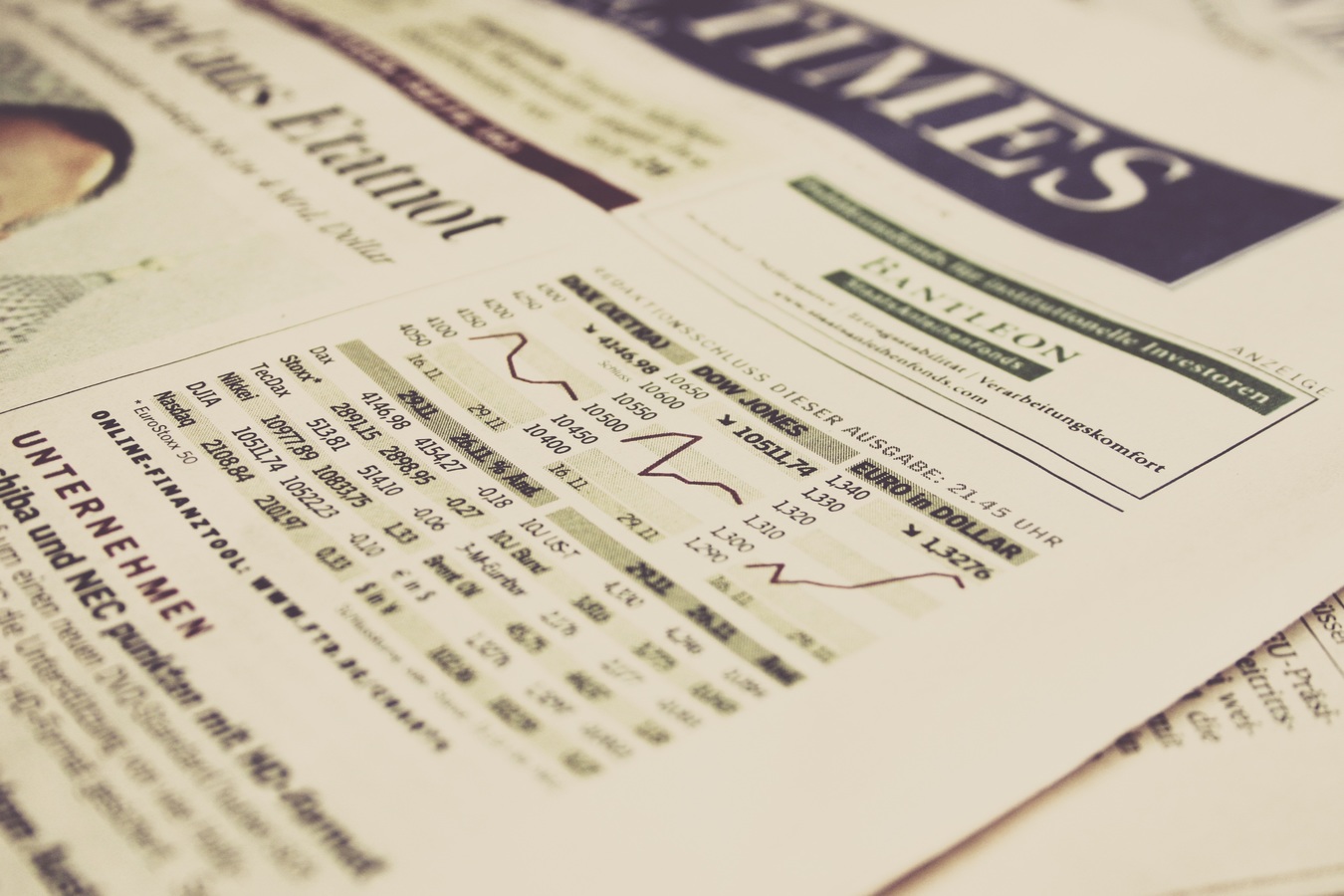By Eddah Waithaka
The United Energy Petroleum Dealers Association (UNEPEA) has called on the Kenya Revenue Authority (KRA) to halt its plan to integrate Electronic Tax Registers (ETRs) with petrol station pumps, warning that the move will impose unsustainable costs on independent fuel dealers and force many out of business.
UNEPEA Chairperson Irene Kimathi issued a sharp critique of the policy during a press briefing, demanding transparency on KRA’s pilot program findings and urging the government to adopt a fairer tax collection system.
Heavy Financial Burden on Small Businesses
Under the directive, petrol station owners must install ETR systems linked to KRA by June 30—a requirement that could cost each station over KSh 400,000, plus annual maintenance fees of KSh 25,000–35,000.
“This is not workable,” said Kimathi. “For a small dealer with just one pump, where a new pump costs KSh 250,000, forcing them to pay KSh 400,000 for a system will shut them down.”
She emphasized that rural fuel dealers, who dominate the market in unmerited areas, will be hit hardest. Many operate on thin margins set by the Energy and Petroleum Regulatory Authority (EPRA) and already contend with multiple levies, including NEMA fees, county government charges, and NHIF contributions.
Failed Consultation and Lack of Clarity
Kimathi accused KRA of sidelining stakeholders after a pilot program conducted a year ago. “They never shared findings or engaged us. Now, with a 30-day ultimatum, dealers are left scrambling,” she said.
Read More On : https://africawatchnews.co.ke/kuppet-sounds-alarm-over-govts-deep-cuts-to-education-budget/
The association also questioned why KRA does not collect VAT directly at depots instead of burdening dealers. “The government knows every litre distributed. Why give us money just to take it back?” Kimathi argued, dismissing KRA’s claim that the current system acts as a “30-day loan” to businesses.
Ripple Effects: Black Market and Job Losses
If enforced, Kimathi warned, rural stations will close, pushing fuel sales into the informal sector. “People will start selling from homes with jerrycans, increasing fire risks and tax evasion,” she said.
She also criticized multinational oil companies for staying silent, alleging they fear government retaliation despite franchisees facing the same financial strain.
History of Costly, Abandoned Systems
UNEPEA noted that KRA has rolled out multiple tax systems in recent years, such as the Teams and E-Teams gadgets, each costing dealers KSh 42,000 only to scrap them shortly after.
“Now they want us to pay KSh 400,000 for another system that may also fail,” Kimathi said.
The association has petitioned KRA, EPRA, the Treasury, and the Energy Ministry but says no action has been taken. “If small dealers collapse, how many jobs will be lost? How many families will suffer?” Kimathi asked.
“We pay taxes willingly, but this system is punitive. The government must listen before it’s too late,” Kimathi concluded.
With the deadline looming, UNEPEA urges affected dealers and the public to rally against the policy, warning of fuel shortages and economic fallout in rural areas if KRA refuses to reconsider.
Read More Stories At: https://africawatchnews.co.ke/







